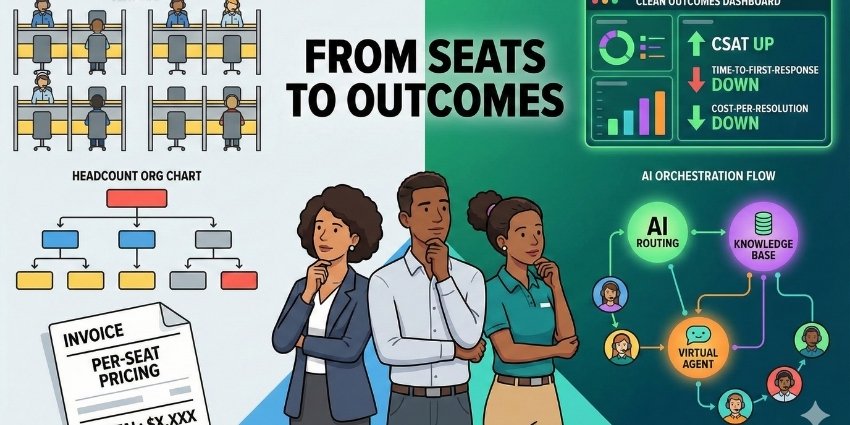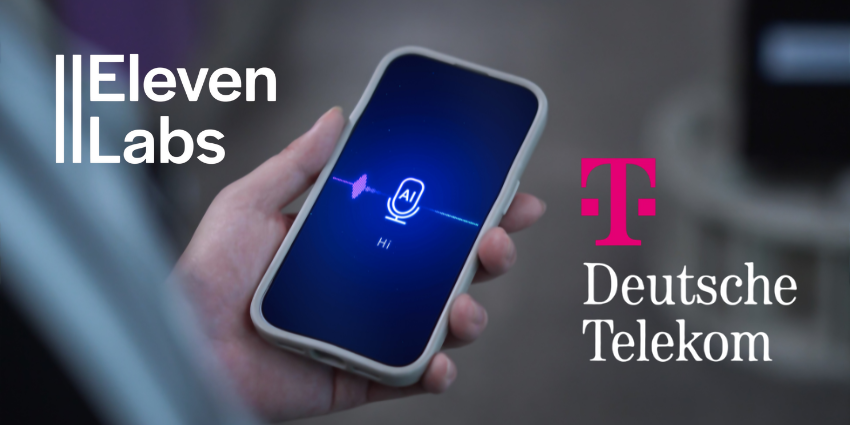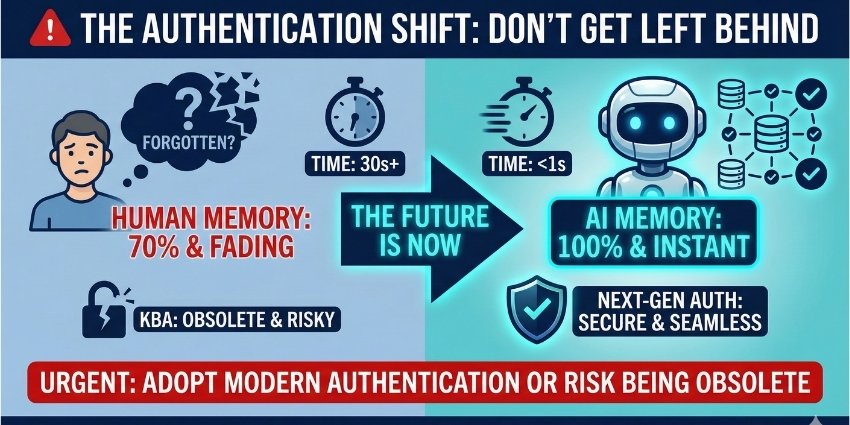Oracle has released role-based AI agents for marketing, sales, and service.
Available within Oracle Fusion Cloud Applications, the agents are designed to help CX leaders unlock fresh revenue opportunities.
According to Oracle, the agents achieve this by allowing users to “operate faster and make better decisions.”
With the ability to enhance automation processes and analyze connected data, the solutions promise to equip CX leaders with the tools to deliver more personalized experiences and strengthen customer loyalty.
Chris Leone, EVP of Applications Development at Oracle, claims that the AI agents will “unlock new revenue opportunities with intelligent insights and agentic automation.
AI agents are transforming customer engagements from reactive, manual, and cumbersome processes into highly valuable and proactive strategies that enable organizations to scale quality experiences to win more business and keep customers happy.
The agents are powered by Oracle Cloud Infrastructure and benefit from being natively integrated within Oracle Fusion Applications.
In addition, agents can be embedded directly within an organization’s existing workflows.
It is clear that Oracle is placing a great deal of stock in its latest release, but can these role-based AI agents deliver on their promise?
Living Up to The Hype
In a conversation with CX Today, Martin Schneider, VP and Principal Analyst of Constellation Research, shared some insights on what makes an AI agent successful and whether Oracle’s offering can live up to the hype.
For Schneider, the driving force behind a strong AI agent is precision data, which he views as being integral to training agents and enabling them to execute on agentic workflows.
He believes that Oracle ticks these boxes, stating:
Oracle offers the breadth of business applications – and the integration and data management capabilities – to generate a more inclusive and accurate view of the customer in order to unlock agentic AI value.
Schneider also commended the vendor for making it more seamless for users to start working with agentic tools, due to the fact that a lot of their AI offerings come free of charge with existing Oracle license fees.
“This allows CX leaders to work with (or in some cases without) IT to start developing agentic flows that improve the customer experience with lower risk and cost,” he explained.
Role-Based AI Agents
With each of Oracle’s prebuilt, role-based AI agents offering different capabilities, the vendor outlined how certain agents are best suited for Marketing, Sales, and Service:
Marketing
For Marketers, the new AI agents are designed to deliver data-driven decisions about where to focus their efforts.
The Account Product Fit Agent applies predictive scoring and Ideal Customer Profile data to determine which accounts are most likely to buy, giving marketers a clearer view of where to allocate resources.
The Buying Group Definition Agent, on the other hand, focuses on mapping roles within the buying process, using title-based algorithms to identify which contacts influence specific product decisions.
Together, these agents reflect a broader industry move toward precision targeting and more accountable marketing strategy.
Sales
In sales, automation and intelligence are being integrated directly into everyday workflows.
The Deal Advisor Agent provides sellers with quick access to relevant guidance – such as product overviews, pricing information, and customer references – to support deal progression.
The Quote Assistant Agent streamlines the quoting process by answering proposal-related questions in real time, reducing the time required to prepare and send offers.
To drive revenue growth, the Product Recommendations Agent identifies cross-sell and upsell opportunities by analyzing customer history and quote data.
Collectively, these agents are reshaping how sales teams access information and engage with prospects, placing greater emphasis on efficiency and informed decision-making.
Service
Across service operations, AI is being deployed to improve responsiveness and consistency in customer support.
The Triage Agent analyzes incoming requests to determine issue type, severity, and sentiment, allowing teams to prioritize more effectively.
The Self-Service Agent enables customers to resolve common issues independently through guided digital workflows, reducing pressure on support staff.
To enhance case handling, the Service Request Creation Agent automatically converts customer messages – from chat, calls, or email – into actionable service requests.
For field operations, the Work Order Agent generates pre-filled work orders containing relevant details to support first-time resolution.
These developments underline a growing trend toward predictive and preventative service models, where automation supports faster and more consistent customer outcomes.







